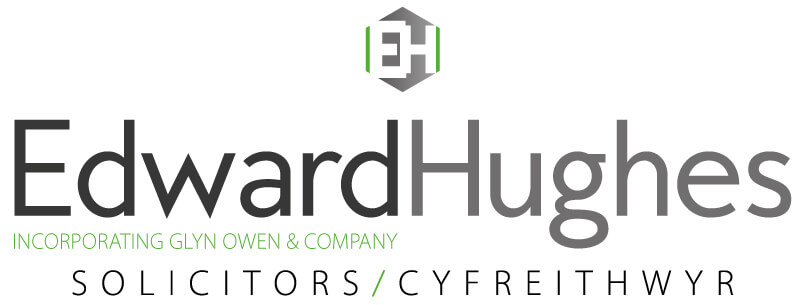What is a Property Ownership Dispute?
A property ownership dispute occurs when there is disagreement over who owns or has rights to a piece of property. Typically, these disputes arise when one party fails to agree with another party's right (or lack thereof) of ownership over the said property or if there is a disagreement between property owners over how a property should be managed. Because they are so numerous and difficult, resolving property ownership disputes can be tough. But before you start searching for your solicitor, it's important that you understand what kind of dispute you're facing and what kind of resolution options exist.
Types of Property Ownership Disputes
There are two primary types of property ownership disputes: those between co-owners (joint ownership disputes) and those between an owner and a non-owner. An example of a dispute between co-owners would be when siblings with a parent's estate disagree over who should inherit what. The dispute may be over specific items or simply who deserves what share of it all. A dispute between an owner and a non-owner might occur if someone were refusing the right of way or a building development were being made to close to your property boundaries.
Steps Towards Resolution
The first step in resolving property ownership disputes is finding a solution that both parties can agree on. To do so, owners often mediate their dispute by working with a third party such as a solicitor. If mediation is unsuccessful, they can turn to traditional legal methods such as litigation and arbitration. Having legal knowledge of your property rights and your different options will help you move forward quickly.
Negotiation vs Litigation
Most disputes can be resolved without taking it to court. One of the best ways to do so is through negotiation, where both parties try and come up with a win-win solution that works for everyone involved. There are two primary types of negotiation: positional and interest-based. Positional negotiations seek to obtain better results than each party has individually, while interest-based negotiations aim for mutually beneficial solutions by considering all points of view, needs, and wants. Our solicitors can help keep negotiations amicable, whilst achieving the best possible outcome.
Litigation involves taking the dispute to court and should only be done if a resolution can't be reached through negotiation. Edward Hughes litigation solicitors have extensive experience of property litigation and will be able to advise you throughout the process.
Contact Edward Hughes today for a consultation on 01745 343661 or 01492 535640 today.
